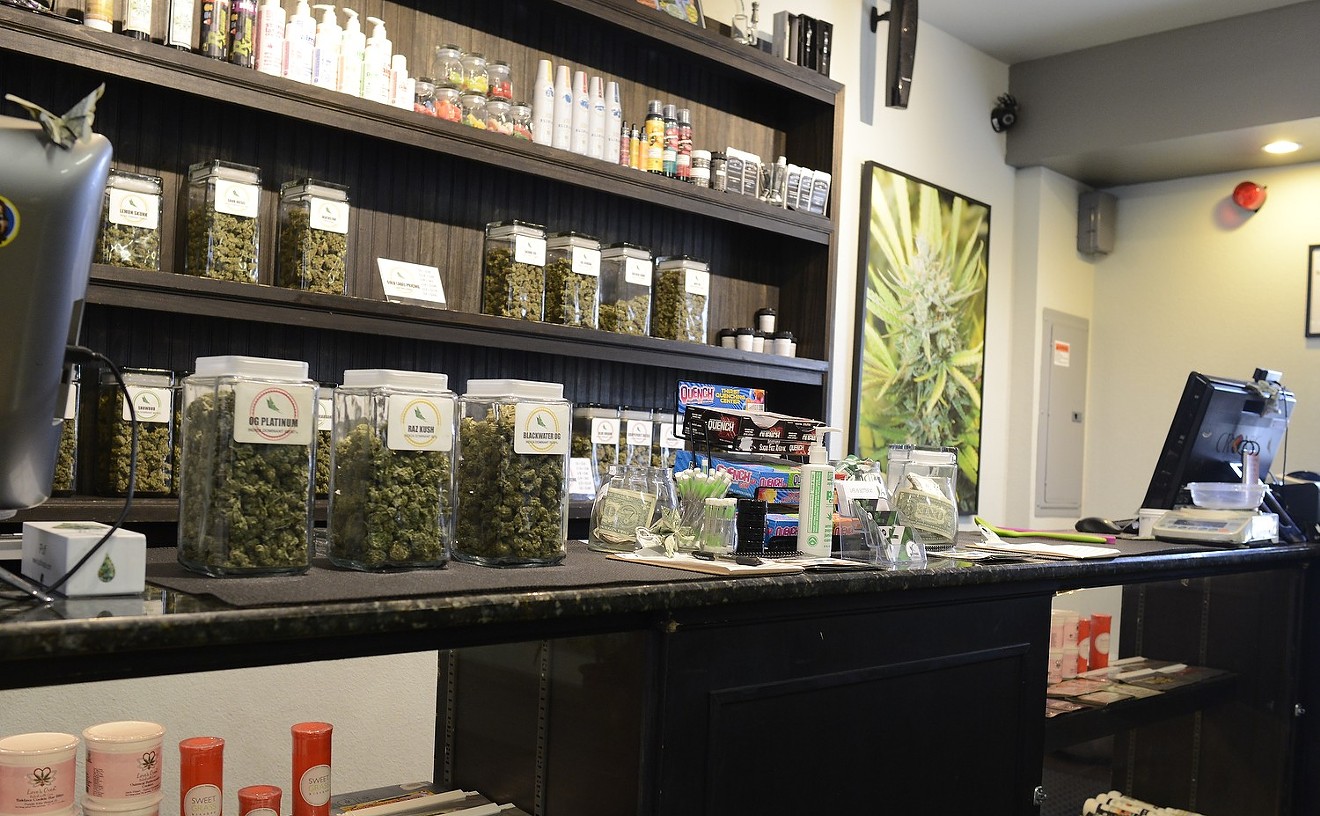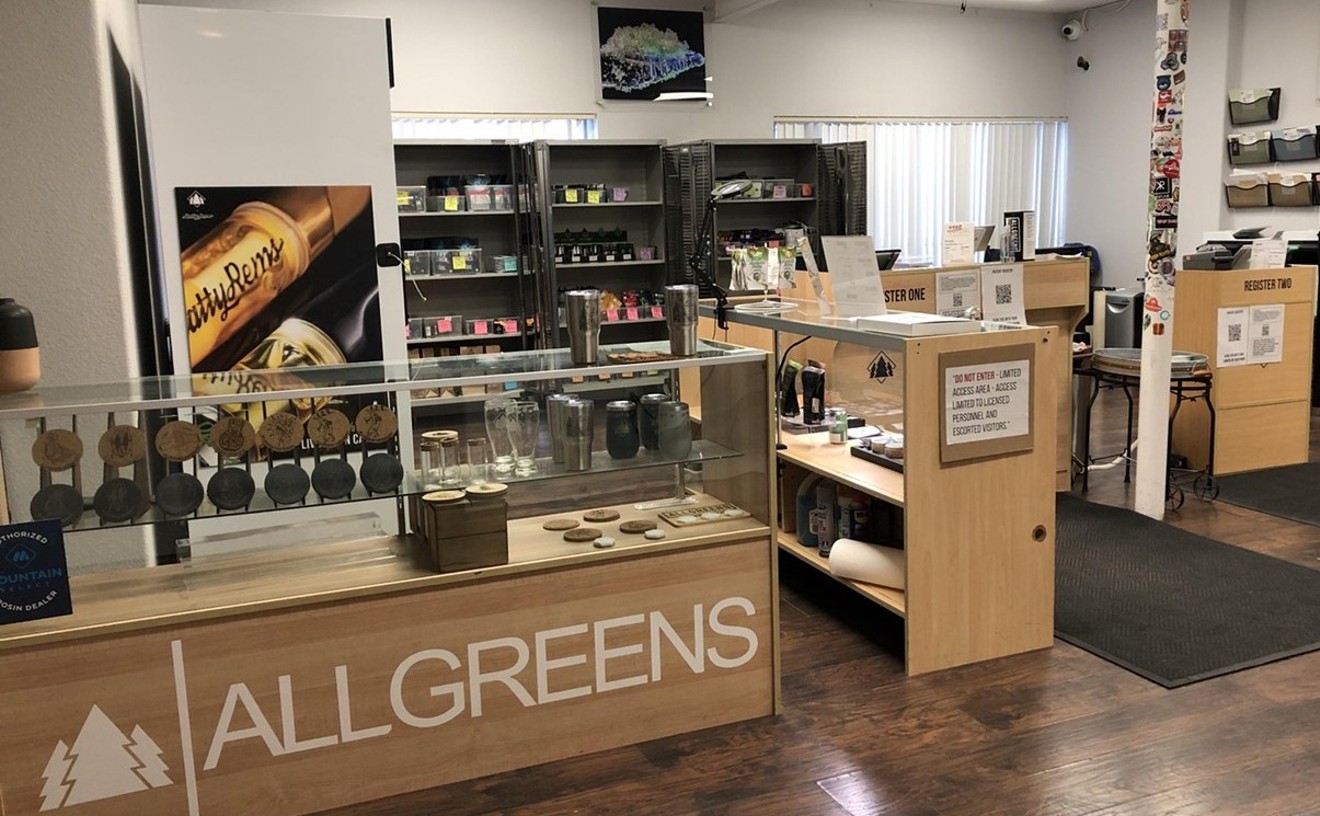The stereotype of the bleary-eyed, long-haired stoner gazing through a cloud of smoke is on its way out, replaced by a picture of happy, business-clad partners sharing a joint after returning home from the office. A landmark new study conducted by BDS Analytics reveals that cannabis users in Colorado and California are some of the happiest, most successful and well-adjusted adults around.
Between California and Colorado, BDS conducted 2,000 interviews, ensuring a roster of 1,200 participants who had used cannabis in the last six months. "This was one of the most difficult studies to design and set up," says Linda Gilbert, BDS's director of consumer research, who has conducted wellness research for over thirty years in numerous countries. Researchers wanted to ensure that they could gather a population sample representative of the general public, which meant surveying everyone from outright rejecters of marijuana use to regular users. Gilbert says she's confident that the researchers found a "robust sample that will be statistically projectable to population, with a plus/minus three-point margin of error.
"As far as I know, no one has ever done anything like this before," she adds.
The sample was divided between consumers, who use marijuana; acceptors, who had not used it but would consider it; and rejecters, who were opposed to use. On average, consumers ranked higher on many indicators of social and personal satisfaction. For instance, 64 percent of Colorado consumers enjoyed being employed full-time, with just over 51 percent of acceptors and 54 percent of rejecters. Additionally, Colorado consumers were more satisfied with their lives now than they were a year ago, more likely to enjoy the fine arts, self-declare as social, and engage in outdoor recreation at higher rates than both acceptors and rejecters in the state. In California, consumers even had incomes an average of $10,000 higher than acceptors and rejecters.
Gilbert says she expected to find a fair number of consumers who used pot for medical reasons, but found some surprises there, too. "It actually ends up that a lot of consumers claim to use cannabis for self-care" rather than traditional medical reasons, she explains. "These are likely the same people who use supplements or eat organic and vegetarian foods."
A happy, successful, social, self-caring, art-appreciating, outdoor-loving cannabis user? Proponents of legalization should have a heyday with this study.
In fact, Gilbert says that she saw notable differences between some Colorado and California responses, which she sees as "reflective of the maturity of the legal market" in Colorado. In this state, people surveyed were much less likely to think that cannabis led to mental illness or the use of other addictive drugs; those beliefs were stronger in California. And Colorado participants were much more likely to say that legalization helped decrease crime and increase revenue for the state.
"The thing everyone agrees on," Gilbert notes, "is that cannabis can impair your ability to drive, and that we need tests to determine if you are driving under the influence."
The study is a trend study, which means it will be updated every six months indefinitely; Gilbert considers it comprehensive, validated and built to last. BDS has already extended the research to Washington and Oregon, both of which have legalized pot. "The aim is that this will eventually be a national study," Gilbert concludes. "I hope and expect that ten to twenty years from now, this study will still be continuing."
[
{
"name": "Air - MediumRectangle - Inline Content - Mobile Display Size",
"component": "12017618",
"insertPoint": "2",
"requiredCountToDisplay": "2"
},{
"name": "Editor Picks",
"component": "17242653",
"insertPoint": "4",
"requiredCountToDisplay": "1"
},{
"name": "Inline Links",
"component": "18838239",
"insertPoint": "8th",
"startingPoint": 8,
"requiredCountToDisplay": "7",
"maxInsertions": 25
},{
"name": "Air - MediumRectangle - Combo - Inline Content",
"component": "17261320",
"insertPoint": "8th",
"startingPoint": 8,
"requiredCountToDisplay": "7",
"maxInsertions": 25
},{
"name": "Inline Links",
"component": "18838239",
"insertPoint": "8th",
"startingPoint": 12,
"requiredCountToDisplay": "11",
"maxInsertions": 25
},{
"name": "Air - Leaderboard Tower - Combo - Inline Content",
"component": "17261321",
"insertPoint": "8th",
"startingPoint": 12,
"requiredCountToDisplay": "11",
"maxInsertions": 25
}
]













